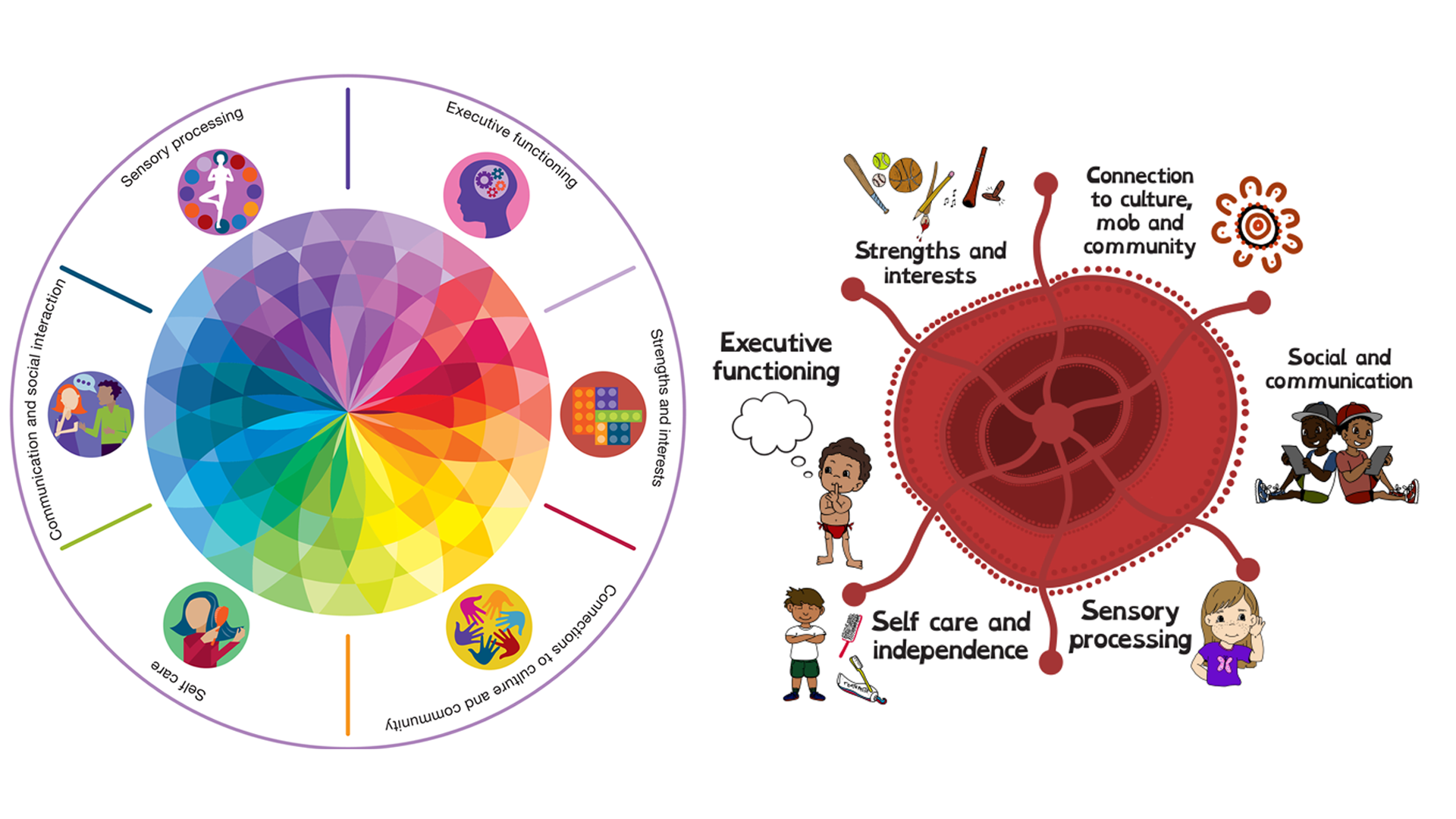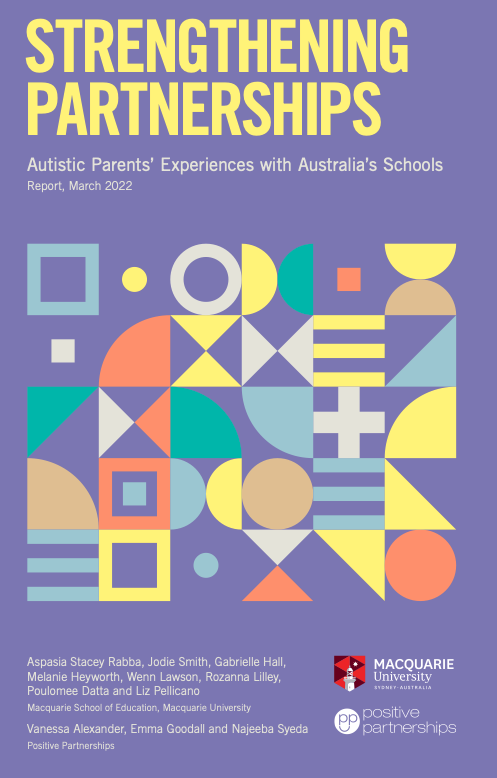Statement on Language
People use different words to talk about autism and each person will have their own way of talking about autism and about themselves. Some people in the autistic and autism community like to use ‘autistic person’ (identity-first language), some like to say ‘person with autism’ (person-first language), and some are fine with using either. Some autistic people identify as having a disability, while others do not.
The Australian Government uses identity-first language, autistic person or autistic people. This approach is supported by current research.
Statement on Neurodiversity
Neurodiversity is a term that is used to describe the natural range of diversity that exists in human neurodevelopment. Although all people process the world differently, some differences are grouped and named. The neurodiversity of a community arises from the presence of different brain types (also known as ‘neurotypes’).
There is a majority neurotype (known as ‘neurotypical’) and there are minority neurotypes (known as ‘neurodivergent’). Neurodivergent brains process the world in a way that differs from neurotypical brains. Well-known forms of neurodivergence include autism, Attention Deficit Hyperactivity Disorder (ADHD) and learning differences (such as dyslexia). Many people are also ‘multiply divergent’ (that is, they have more than one different neurotype, for example: autism and ADHD). Many neurodivergent people (including autistic people) believe that there is no “normal” or “healthy” type of brain or mind, or one “right” style of neurocognitive functioning.
Overall, the Neurodiversity Paradigm — which centres the lived experience of neurodivergent people, including autistic people — implements a strengths-based, rights-based, and neurodiversity-affirming approach, which seeks to embrace individuality. This is the approach Positive Partnerships supports across all of our programs.
About Autism
There is not one universally accepted definition of autism that captures everyone’s experience.
Between 1 and 2 in every 100 Australians have a diagnosis of autism. However, the number of autistic people living in Australia is likely to be substantially higher. Some reasons for this could be;
- historical approaches to diagnosis
- cost or wait times to receive a diagnosis
- people feeling that diagnosis is not the right path for them.
Autism is a lifelong neurodevelopmental difference. Autistic people are all individuals and their experiences of day to day life will all be different. As such, the varying strengths and support needs that each person has can change particularly around big life transitions, or certain situations and environments.
Adapted from: https://engage.dss.gov.au/developing-the-national-autism-strategy/
How we talk about autism
At Positive Partnerships, we use the Diversity Wheel and Story Circle to talk about and understand key areas that shape our everyday experiences.

Click these links to learn more.
Lived Experiences
Hear from some young people and their families about their personal experiences of autism. You can see the full interviews and other resources in modules located on our Online Learning Hub.
Strengthening Partnerships Report
This report shares our understanding of educational experiences for autistic parents of autistic children and suggests ways we may be able to promote more effective partnerships between autistic parents and the educational system more broadly in the future for the benefit of all. This report was developed in partnership with Macquarie University.
Autism Assessment and Diagnosis
The path to receiving an autism diagnosis can involve one or more professionals and different assessments. Health professionals will look at an individual's strengths, support needs and other developmental factors.
State and territory-based autism associations can provide information about getting a diagnosis. The Autism CRC developed a National Guideline for the assessment and diagnosis of autism in Australia. This provides clear and consistent information for professionals who conduct assessments. You can find the guidelines here:
National Guideline for the assessment and diagnosis of autism in Australia | Autism CRC
Services and Support
There are many services and supports available for families and autistic people. It is important to find out as much information as possible about a service or support organisation so that you can make an informed decision about whether it is right for your child or you.
Here are some links you may find useful.
Positive Partnerships resources
Positive Partnerships has a suite of online modules, information sheets and other resources. These can be accessed through the links below.





